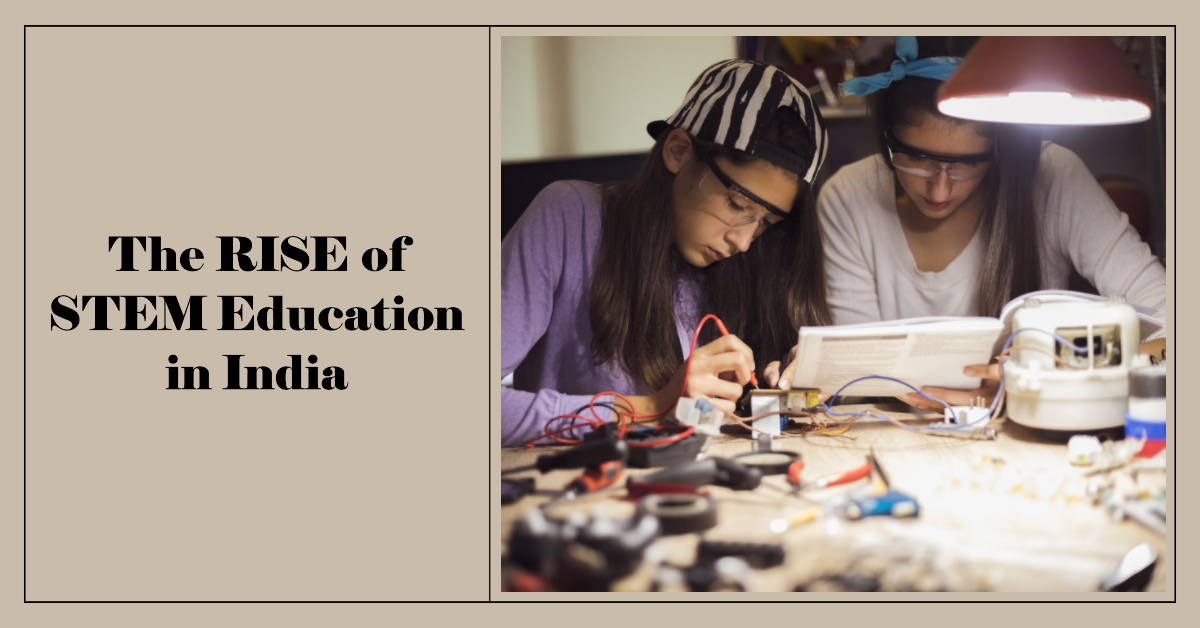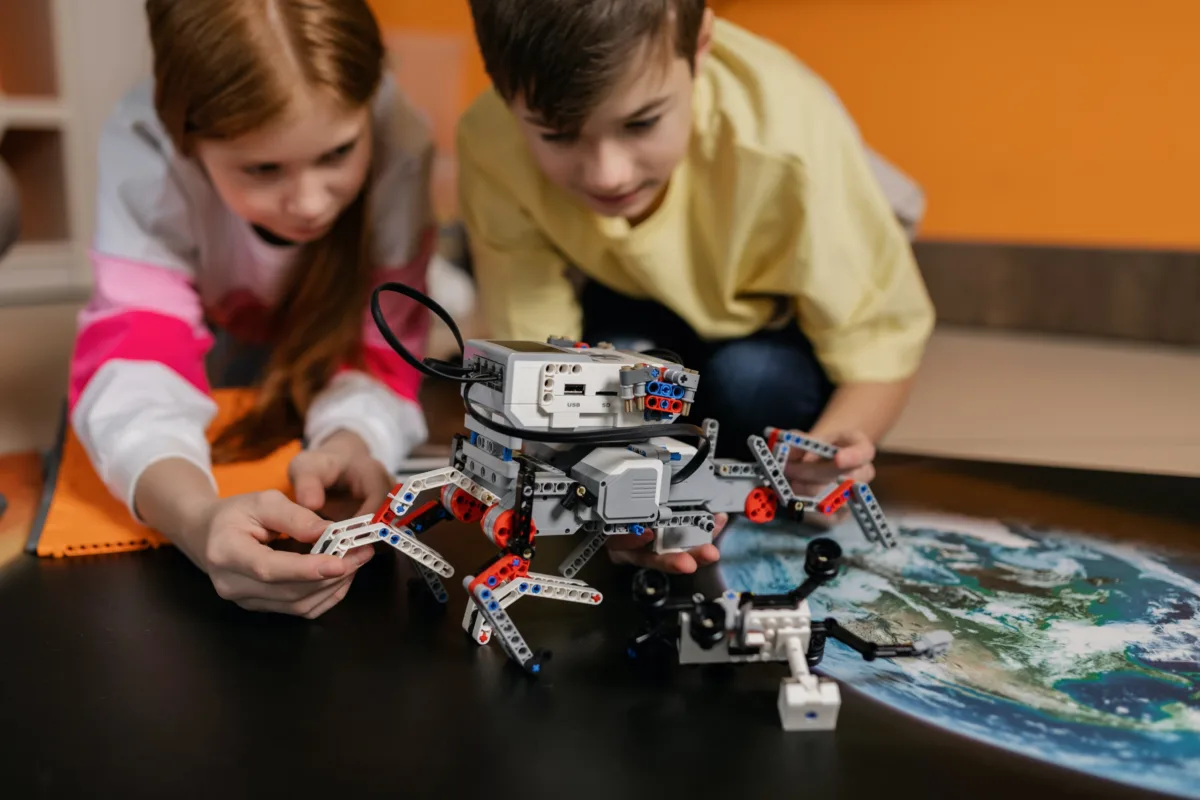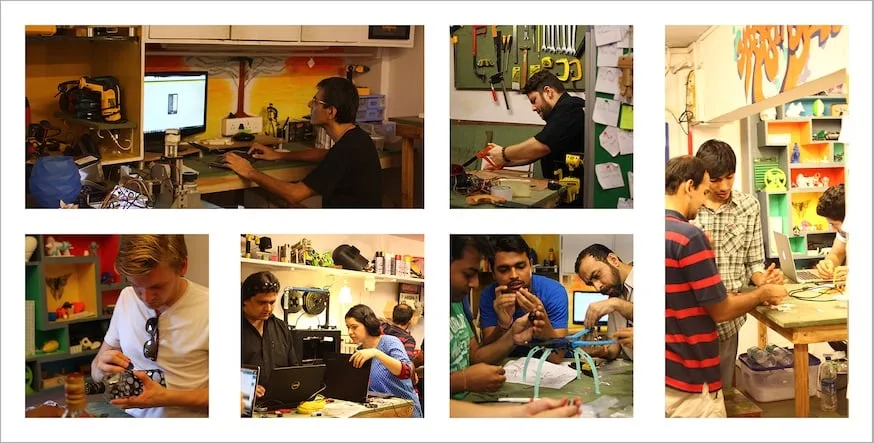Do you know that Robotics is one of the widely used technology for automation?
Chitale Bandhu from Pune, who makes delicious Bakarwadi, uses robotic automation to manufacture the tasty crunchy snack.
Car manufacturer uses robots to assemble a car like Lamborghini and Jaguar.
Naturals ice cream, the popular brand that add fruits to your ice cream uses robotics and automation to maintain the taste and hygiene standards.
Like these, there are numerous applications of robotics which has made robotics is one of the most fascinating fields combining science and technology.
Now, when you imagine a robot, what comes to your mind might be a human shaped machine like Irona from Richie Rich. Although that’s how we think of how robot looks, that is not the only form in which robots come. Apart from humanoid robots, we have autonomous mobile robots (AMRs), automated guided vehicles (AGVs), articulated robots, cobots, and hybrids.
Robotics deals with the design, construction, operation, and application of robots coupled with computer systems for their control, sensory feedback, and information processing. Robotics uses principles of electronic engineering, mechanical engineering and computer science.
Before we look at how you can impact the field of robotics, let’s learn some basics:
A robot is an automatic mechanical device guided by a computer program or electronic circuitry which enables it to perform tasks assigned to it. It is a system that contains sensors, control systems, manipulators, power supplies and software, all of which work together. Robotics is the branch of mechanical engineering, electrical engineering and computer science that deals with the design, construction, operation, and application of robots, as well as computer systems for their control, sensory feedback, and information processing. These technologies deal with automated machines that can take the place of humans in dangerous environments or manufacturing processes, or resemble humans in appearance, behaviour, and/or cognition.
Robotics is a rapidly emerging inter disciplinary field offering a wide range of opportunities for students who are interested in pursuing a career in technology.
Let’s explore what robotics is, why it is emerging, the global happenings in this industry, the landscape in India, sectors and industry applications, career avenues, educational institutes, and resources to start with.
What is Robotics?
Robotics is a branch of engineering that deals with the design, construction, and operation of robots. Robots are programmable machines that can carry out tasks autonomously or with minimal human intervention. They can be used in a variety of industries, such as manufacturing, healthcare, agriculture, space exploration, and entertainment.
Why is Robotics Emerging?
The rapid advancements in technology have led to the emergence of robotics as a crucial field. The integration of artificial intelligence, machine learning, and internet of things (IoT) has led to the development of advanced robotics systems. This has resulted in increased efficiency, accuracy, and safety in various industries. Robotics is expected to revolutionize the way we live and work, and it is predicted to have a significant impact on the global economy in the coming years.
Global Happenings
The global robotics market has been growing steadily in recent years, with a CAGR of 24.5% from 2020 to 2025. The major players in this industry are the United States, Japan, China, and Germany. The robotics industry in these countries is driven by the demand for automation in manufacturing, healthcare, and defense sectors. The use of robotics in the service industry is also expected to grow significantly in the coming years.
India’s Landscape
In India, the robotics industry is still in its nascent stage, but it is rapidly growing. The demand for automation in the manufacturing sector is driving the growth of this industry. The Indian government has also launched various initiatives to promote robotics and automation in the country. The ‘Make in India’ initiative is one such initiative that aims to boost the manufacturing sector in India and make it globally competitive.
Sectors and Industry Application
The application of robotics in various sectors is rapidly expanding. In the manufacturing industry, robotics is being used for tasks such as assembly, welding, painting, and packaging. In the healthcare sector, robotics is being used for tasks such as surgery, rehabilitation, and medication management. In the agricultural sector, robotics is being used for tasks such as planting, harvesting, and monitoring crops. The use of robotics in the defense sector is also increasing, with robots being used for tasks such as bomb disposal, reconnaissance, and surveillance.
Career Avenues
The robotics industry offers a wide range of career opportunities for students who are interested in pursuing a career in technology. Some of the career avenues in this industry include robotics engineer, software developer, automation engineer, mechatronics engineer, and roboticist. These roles require skills such as programming, electronics, mechanical design, and control systems.
Robotics offers a range of career opportunities for school children who are interested in pursuing a career in this field. Some of the career avenues in robotics include:
- Robotics Engineer: A robotics engineer designs, builds, and maintains robots and robotic systems.
- Robotics Technician: A robotics technician provides technical support and troubleshooting for robots and robotic systems.
- Robotics Programmer: A robotics programmer develops software programs to control the behavior of robots and robotic systems.
- Robotics Researcher: A robotics researcher conducts research and development in robotics and artificial intelligence.
- Robotics Engineer/Robotics Technician: They design, build, program, and test robots for various industries.
- Automation Engineer: They design and develop automated systems and processes using robots and other automation technology.
- Software Engineer/Developer: They create and maintain the software that controls the robots.
- AI/Machine Learning Engineer: They work on developing and implementing AI algorithms and machine learning models that can be used to improve robotic systems.
- Research Scientist: They work on developing new technologies and improving existing ones by conducting research and experimentation.
Activity: Go to www.google.com. Research and read 5 articles about the career prospects in Robotics. Also, find what jobs exist in robotics.
Then visit www.YouTube.com. Watch interesting applications of Robotics. And share the best video with your friends and with us!


Unlike humans, we need not rest, play, and socialize.
Let us look at career trajectory:
If you are interested to explore robotics, you can start building skills from today. Start with the basics. browse the internet to collect resources on Robotics. Do some projects at home. There are also robotics kits available in the market that you can buy online here and here. Search for more on Google.
After learning the basics, you are now ready to start learning the fundamentals. For that you need a degree in any of the fields – electronics, robotics, or computer science. We suggest you focus on studies and prepare to get into the top institutes in the country or globe.
Educational Institutes in India
There are several educational institutes in India that offer courses in robotics and automation. Some of the prominent institutes include the Indian Institute of Technology (IIT), the Indian Institute of Science (IISc), the International Institute of Information Technology (IIIT), and the National Institute of Technology (NIT). These institutes offer undergraduate and graduate courses in robotics and related fields.
Educational Institutes:
- Indian Institute of Technology (IIT), Mumbai
- Indian Institute of Technology (IIT), Delhi
- Indian Institute of Technology (IIT), Kanpur
- Indian Institute of Technology (IIT), Madras
- Indian Institute of Technology (IIT), Kharagpur
- Birla Institute of Technology and Science (BITS), Pilani
- National Institute of Technology (NIT), Surathkal
Getting into these institutes in itself is a challenge. These institutes are top notch in their academics, industry tie ups, alumni network. And there are limited seats. So, it is tough to get into these colleges. You need to crack one of the most competitive exam IIT Joint Entrance Exam that happens after 12th.
Although one should strive to get into these institutes to get the maximum career leverage early in life, it is not the only way to enter the career of your choice. If you are interested in robotics there are multiple ways you can approach the career. You can go abroad for studies. You can also pursue relevant engineering course from not-so-prominent engineering colleges and still make a dent in the field later in life.
You need to chalk out a career strategy. You can also visit a career counsellor who can guide you.
Other option could be to learn robotics on your own and become an entrepreneur. This could be one of the most challenging and thrilling career option. But try this only after enough exposure and support from mentors and consent from family. If you are interested to learn robotics on your own, you can pursue online courses and certifications in robotics from platforms such as Coursera, edX, and Udemy.
Here is the list of skills you need to become a pro:
- Knowledge in the designing of robots
- Ability to assemble and disassemble robots
- Conduct research work in robotic science
- Testing robots
- Programming them to perform different tasks
- Robots repair services
- Inspection of components that are involved in robot production
- Determine any malfunctions in the robot
- Keeping written records and reports
- Train technicians
- Serve as a strong technical support
- Analyse the prototypes
Don’t get frightened with the list of skills. You probably not need all of them. For now, you just need curiosity to begin and excitement to learn. For that, here are the list of resources you can start with:
Resources to Start With
Online courses, tutorials, and forums are available for students who want to learn at their own pace. Robotics kits and hardware are also available for students who want to build and experiment with robots. Some of the popular resources for learning robotics include Udacity,
Lego Mindstorms: Lego Mindstorms is a great tool to start learning about robotics. It allows users to build and program robots using Lego bricks.
Arduino: Arduino is an open-source electronics platform that is great for beginners. It is easy to use and allows users to create a wide range of projects, including robotics.
Raspberry Pi: Raspberry Pi is a single-board computer that is great for building robots. It is affordable and can be used to build a variety of projects.
Conclusion:
Robotics is an emerging field that offers a variety of exciting career opportunities. With the growth of automation and AI, the demand for robotics professionals is only going to increase. By starting early and learning the basics of robotics, school children can position themselves for success in this rapidly growing field.
One Last Thing: Don’t get overwhelmed after reading this blog. This is just an overview to excite you about the prospects of Robotics. Remember that, in actual life, figuring and working out on a career takes a lot of time. It is after years of perseverance that you will reach some level of understanding and mastery in the field. For that, you need to be a life-long learner. Don’t think that by doing a course or two will make you a pro. A degree is just the beginning. Having practical exposure is equally important. So, stay calm. Learn robotics to tweak your curiosity so that you make an impact.
If you are interested to learn Robotics come join us.
1oxTechClub is a science and tech lab focusing on emerging technologies like AI, IoT, Blockchain, Robotics, VR/AR, 3D printing, Drones, IoT, Cybersecurity, and deep tech fields.
We train and expose young minds in the areas of science, emerging technologies, innovation, soft skills, and develop foundational skills early in the learning journey using real-world projects and problems through our experience labs, connections with industry, academia, and domain experts. At our offline labs, we run cohorts for 11- 20 year learners. Our collaborative class integrates emerging technologies, entrepreneurship, growth mindset, and design thinking into each learning session.
Visit us to know what we do. Register for a free demo class happening near you.













